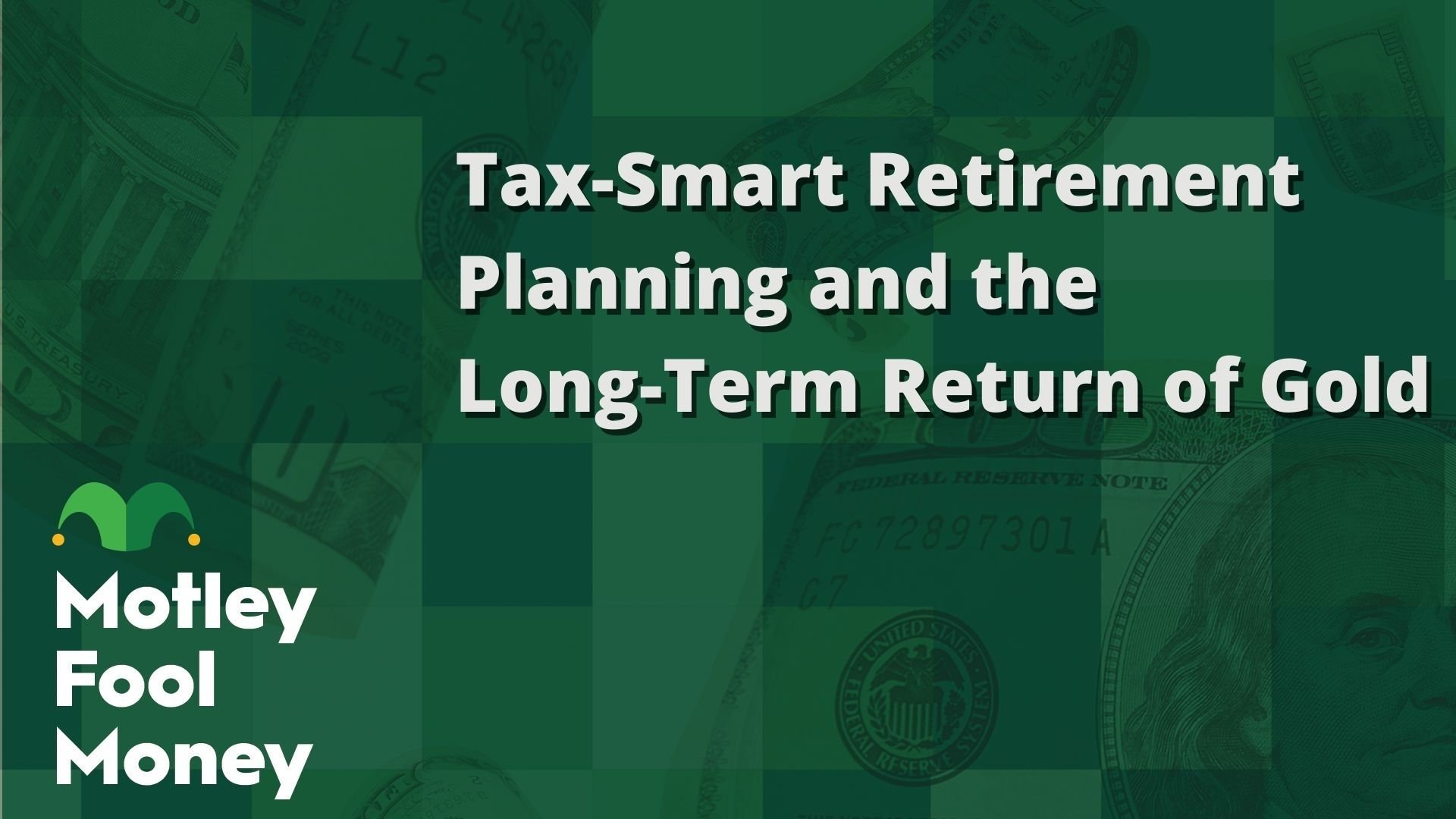Do you have a retirement age in mind? A day when you'll finally leave the workforce for good and spend time traveling or enjoying life?

Image source: Getty Images.
If you do, have you checked if your desired retirement date matches up with when the Social Security Administration says your retirement age should be?
It's important -- because if you're planning to retire before you reach what the Social Security Administration classifies as your full retirement age, you're going to get a much smaller monthly Social Security benefit.
What's your retirement age for Social Security?
When you receive Social Security benefits, the amount you get can vary depending on how old you are when you retire. If you retire at full retirement age (FRA), you get your standard retirement benefit, determined by the Social Security Administration's formula.
But if you retire before FRA, your benefits are reduced -- and if you retire after, your benefits are increased.
Your full retirement age is tied to your birth year. This chart shows when your full retirement age is, according to the SSA:
|
Birth Year |
Full Retirement Age |
|---|---|
|
1937 or earlier |
65 |
|
1938 |
65 and 2 months |
|
1939 |
65 and 4 months |
|
1940 |
65 and 6 months |
|
1941 |
65 and 8 months |
|
1942 |
65 and 10 months |
|
1943-1954 |
66 |
|
1955 |
66 and 2 months |
|
1956 |
66 and 4 months |
|
1957 |
66 and 6 months |
|
1958 |
66 and 8 months |
|
1959 |
66 and 10 months |
|
1960 and later |
67 |
Data source: Social Security Administration.
What if you retire early?
If you retire before your full retirement age, the Social Security Administration permanently reduces your benefits. The amount of the reduction is based on just how early you retire.
For each month before FRA, your benefits are reduced by five-ninths of 1%. Here's the handy formula:
No. of months early x 5/9 x 1%
If you retire 12 months early, you'd multiply 12 x 5/9 x 1% to discover you'd lose around 6.67% by retiring a year earlier than your full retirement age.
However, there's a catch. If you retire more than 36 months before full retirement age, benefits are reduced by an additional five-twelfths of 1% per month for each of these earlier months. This means if you retire 60 months early -- at 62 instead of 67 -- your benefits reduction would be equal to:
36 months x 5/9 x 1% +
24 months x 5/12 x 1%
In this case, if you retire at age 62 -- the minimum age you can begin receiving benefits -- when the Social Security Administration says your full retirement age is 67, you'll have your standard benefit reduced by 30%. The chart in this article shows how much your benefits would be reduced at every age, based on a FRA of 67.
The reduction in benefits lasts throughout your whole retirement. When you reach your full retirement age, your benefits don't go up if you retired early.
What if you retire late?
If you retire after your full retirement age, your benefits keep increasing until age 70 -- after which time they won't increase any more.
The amount of the increase depends on your birth year. If you were born after 1943, your benefits increase by two-thirds of 1% per month for each month you delay after FRA. To determine the exact percentage, multiply:
No. of months after FRA x 2/3 x 1%
If you wait 12 months, you'd get an 8% increase, compared with the benefit you'd have received at full retirement age. Waiting can sometimes make sense to get a larger benefit, but you miss out on years of Social Security income.
You can calculate your break-even point, or the point at which a higher monthly Social Security benefit makes up for years of missed benefits, by adding up all the money you'd have received by claiming early and dividing that number by the extra money you get each month in your Social Security check for delaying. This article has more details about the math.
Should you retire when SSA says to?
Now that you know what your retirement age is, according to the Social Security Administration -- and what the impact is of retiring early or late -- you can make a more informed choice about when to retire.
You don't have to retire when the SSA says your retirement age is, but choosing not to can impact your benefits in ways you need to consider as you decide when to leave the workforce for good.





